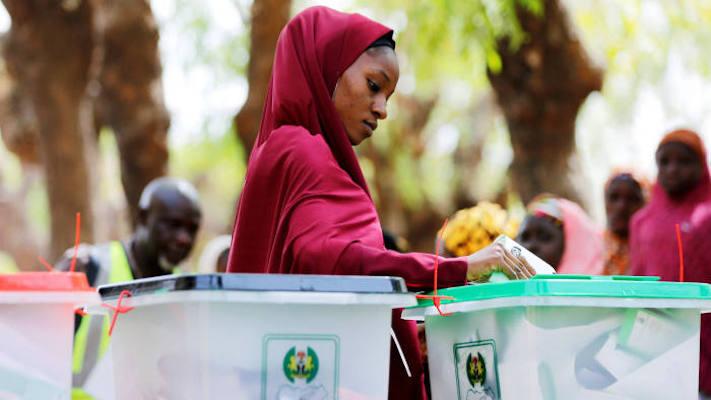Introduction:
Nigeria, often referred to as the “Giant of Africa,” is known for its vibrant political landscape. With a population exceeding 200 million, Nigerian politics play a crucial role in determining the country’s present and future direction. This article aims to shed light on democratic practices in Nigerian politics, focusing on key political parties, such as the People’s Democratic Party (PDP) and the All Progressives Congress (APC), prominent political figures like Bola Tinubu, and the significance of elections within the Nigerian democratic framework.
The Essence of Democracy in Nigeria:
Democracy, as a system of governance, holds a prominent position in Nigeria’s political landscape. Since gaining independence from British rule in 1960, the nation has strived to uphold democratic practices. Democracy in Nigeria provides citizens with the power to actively participate in the governance process through voting, lobbying, and civic engagement.
Political Parties:
The PDP and APC are the leading political parties in Nigeria, each embodying distinct ideologies and having a firm following across the country. The PDP, founded in 1998, initially emerged as a coalition party, but it eventually became the ruling party from 1999 to 2015. It championed democratic ideals and played a significant role in shaping Nigerian politics during this period.
However, the 2015 general elections brought about a significant change when APC emerged victorious, marking the first time an opposition party successfully displaced the incumbent ruling party. As a center-right party, the APC focuses on good governance, economic reforms, and national development.
Political Figures: Bola Tinubu’s Influential Role
When discussing Nigerian politics, it is crucial to highlight the influential role of Bola Tinubu. As a prominent political figure and leader of the APC, Tinubu’s strategic approach to politics has reshaped the landscape. Widely regarded as the “Jagaban,” a title meaning “leader” in Yoruba, Tinubu’s influence extends beyond the realms of the APC, as he remains a key figure in Nigerian politics.
Tinubu’s political career began as a senator in the Nigerian National Assembly, eventually leading to his election as the Executive Governor of Lagos State (1999-2007). His tenure witnessed significant transformation and infrastructural development, earning him respect within and outside his party.
Apart from his achievements in Lagos State, Tinubu is known for his exceptional ability to mobilize support across ethnic and regional lines. His strategic alliances and political maneuvers have played a pivotal role in shaping Nigeria’s democracy, making him an influential force in the country’s politics.
The Significance of Elections:
In Nigeria, elections are a critical component of the democratic process. Regular elections, held at various levels, allow citizens to exercise their right to vote and choose their representatives. Nigerian elections have witnessed both triumph and challenges, with criticisms often surrounding issues like electoral violence, voter suppression, or allegations of rigging.
It is important to note that Nigeria has gradually improved its electoral processes over time. The introduction of electronic voter registration and biometric voter cards has added credibility and transparency to the elections, reducing irregularities and promoting free and fair polls.
Furthermore, more initiatives are being implemented to ensure that the voices of marginalized groups, such as women and youth, are heard and represented within the political sphere. This has led to increased inclusivity and the emergence of a new generation of politicians, diversifying the landscape of Nigerian politics.
Conclusion:
Democratic practices in Nigerian politics are ever-evolving, driven by the aspirations of its people. The intricate web of political parties, like the PDP and APC, along with influential figures, such as Bola Tinubu, shapes Nigeria’s democratic landscape. Although challenges remain, Nigerian elections have witnessed remarkable improvements in recent years, emphasizing the country’s commitment to ensuring a fair and participatory democracy.
As Nigeria continues to navigate its democratic journey, it is crucial for citizens and political stakeholders to work collectively in upholding democratic principles, promoting accountability, and striving for the greater progress of the nation.



